
Shame, Perfectionism and the Inner Critic
Shame, Perfectionism and the Inner Critic
A Pluralistic Psychodynamic Approach to Self-Criticism and Emotional Distress
Many people come to therapy describing anxiety, burnout, difficulties in relationships, or a persistent sense of not being good enough. Often, beneath these struggles sit three closely linked experiences: perfectionism, shame, and a harsh inner critic.
These patterns are rarely random. They are usually shaped by early relational experience and carried forward into adult life, where they continue to organise how a person relates to themselves and to others.
As a pluralistic therapist working through a psychodynamic lens, I understand these difficulties not as personal failings, but as meaningful adaptations. Therapy becomes a place to understand how these patterns developed, what function they once served, and whether they are still needed in the same way now.
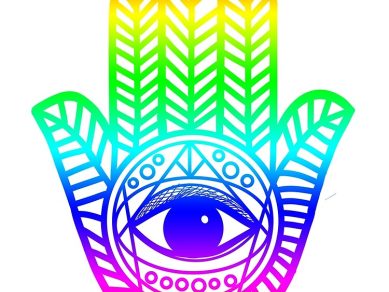
Relational Wounds, Attachment, and the Sense of Self
Relational Wounds, Attachment, and the Sense of Self
From early life onwards, we develop our sense of self through relationships. When our emotions are noticed, taken seriously, and responded to with care, we begin to feel secure and valued. When this does not happen consistently—through emotional absence, criticism, unpredictability, or conditional care—we adapt.These adaptations often shape how we relate for years afterwards. You may have learned to be emotionally self-sufficient, highly capable, pleasing, or tightly controlled. You may struggle to ask for help, tolerate dependence, or trust that others will respond reliably.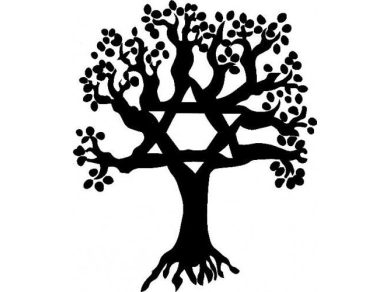
Finding a Way Back from Dissociation: A Pluralistic Reflection
Finding a Way Back from Dissociation: A Pluralistic Reflection
When people come to see me and describe feeling “not here” — spaced out, foggy, detached — I often start by saying something like, there’s nothing wrong with you for this. Dissociation isn’t a failure; it’s something the mind does to protect us when life feels unbearable. At some point, it probably kept you safe.
It can look and feel different for everyone. For some, it’s like watching life from behind glass. For others, it’s as if the body goes numb, or time slips away. However it shows itself, I see it as the mind’s best attempt to keep going in impossible circumstances.
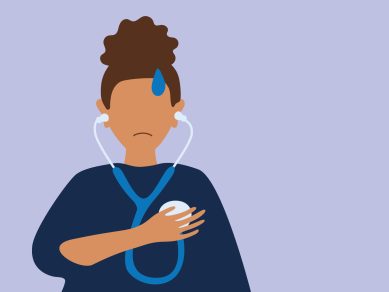
Health Anxiety: an Integrative Perspective
Health anxiety – sometimes called hypochondria in the past –
is something many people experience, though often quietly. It is that
persistent worry about symptoms, illnesses, or the possibility of something
being seriously wrong with the body. For some, it comes and goes with stressful
times. For others, it can feel like a constant presence, shaping daily
routines, relationships, and even identity.

Feeling Sad – it’s a human thing…
Feeling Sad - it's a human thing...
Feeling sad is a human thing. It can feel like a grey cloud that won’t lift, a heaviness in your chest, or a kind of numbness that makes everything seem a bit far away. Sometimes it follows something obvious - a loss, a change, a fallout. Sometimes it creeps in for no apparent reason. Most of us feel sad from time to time, and it passes. When it hangs around and starts to shape how you think, sleep, eat, work, and relate to people, therapy can help.

Relational Therapy – using an attachment-based methodology
Relational Therapy: Healing Through Relationship
When people ask me what kind of therapy I offer, I often reply that I work relationally. It’s a simple enough phrase, but behind it lies something rich, layered, and deeply human. Relational therapy is not a method or a set of techniques—it’s an attitude, a stance. It’s a way of being with clients that places the relationship between us at the heart of the work. Because so often, it’s not just what happened to someone that causes pain—it’s how those experiences shaped their relationships with others, and with themselves.

Childhood Trauma: The Wounds We Carry
Childhood Trauma: The Wounds We Carry
**Childhood Trauma: The Wounds We Carry** Childhood trauma can leave deep, lasting scars that significantly impact our lives. These formative experiences shape our beliefs, behaviours, and emotional responses, often in profound ways that we may not fully recognise. Acknowledging and confronting this trauma is crucial for genuine healing and transformative personal growth. By bringing awareness to the wounds we carry, we empower ourselves to understand and overcome them, paving the way for a healthier, more fulfilling life. Embracing this journey is not just an act of courage; it is a powerful step toward reclaiming our narrative and embracing our potential.
Loneliness Through an Integrative Framework with a Psychodynamic Lens
Loneliness isn’t just a lack of social contact—it’s a deep emotional experience rooted in how we relate to ourselves and others. An integrative framework, especially one incorporating a psychodynamic lens, helps explain the complexity behind this experience by examining both internal conflicts and external circumstances. Rather than seeing loneliness as a symptom to be eliminated, psychodynamic theory views it as a signal pointing to unresolved developmental and relational issues.

Perfectionism Through a Psychodynamic Lens
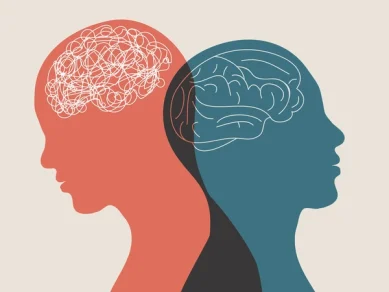
Understanding Bipolar Disorder Through a Pluralistic Lens

Integrative Treatment of Low Self confidence Through a Psychodynamic Lens
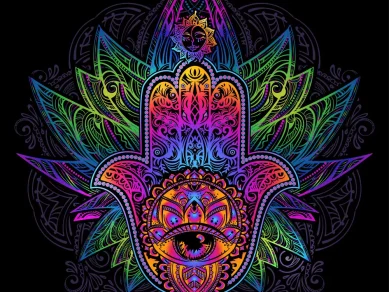
Assessment and Diagnosis in Integrative Psychotherapy
- 1
- 2
© John Jeremiah Ahearne
powered by WebHealer